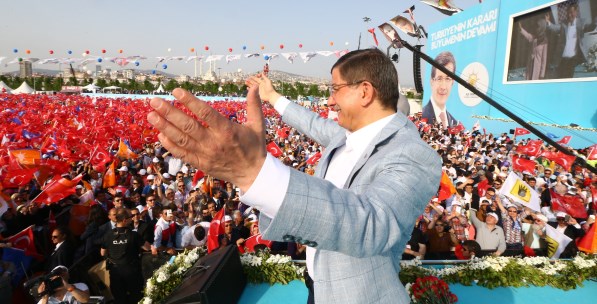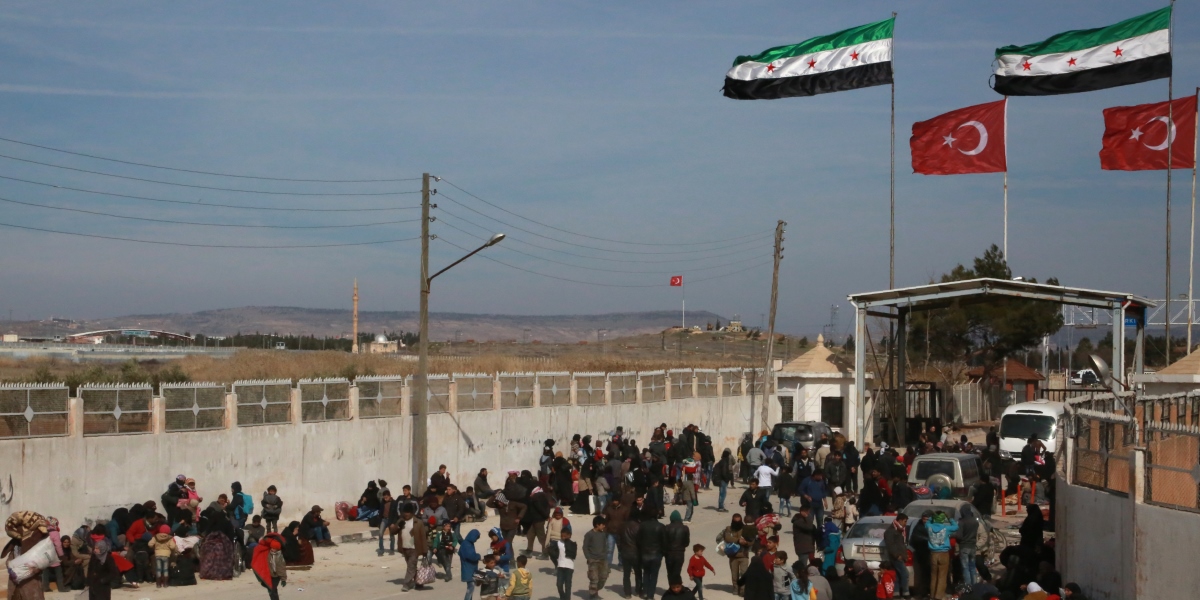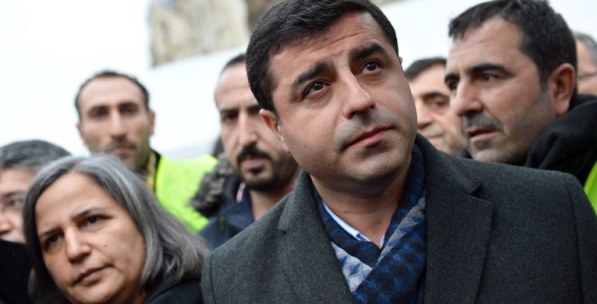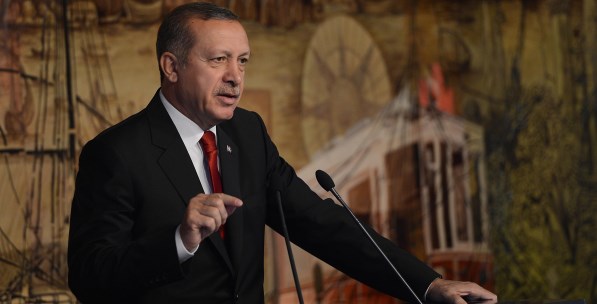The Justice and Development Party's (AK Party) significance in Turkish politics is not limited to it being the administrative party of the past 13 years. The AK Party means much more for Turkish politics. Since the day it was established, the AK Party has been the main actor in determining the main route, general agenda, topics of debate, and points of conflict in Turkish politics. This quality of the AK Party is due to its establishment philosophy and the evaluation of this philosophy is a great challenge that has yet to be surpassed in Turkish politics.
The AK Party was established in a period of serious political congestion, economic crisis and serious tensions in foreign policy in Turkey. And before a year had passed from its establishment, it became the administration party. The 1990s are regarded as the time in Turkish history when the state was in a condition of hegemonic crisis and political identities could not openly be expressed. This period was truly a time when there was a serious contraction in society, high levels of polarization, rising incidents of terror and politics were under the supervision of military tutelage.
The AK Party came forward with a new political philosophy at a time of divided social structure and repressed political identities. Qualifying itself as being a conservative Democratic Party, the AK Party entered politics with promises to engender development in the economy and to remove problems of individual rights and liberties in the socio-political arena. It took on the representation of a new understanding of modernization. This understanding of modernization differed completely from Kemalist modernization that equated modernization with Westernization. Before everything else, Kemalist modernization espoused fast modernization. In this way, Kemalism represented an understanding of revolutionary modernization. Contrary to this, the AK Party brought an understanding of modernization that was evolutionary. Also, the Kemalist understanding of modernization meant the transformation of society into a homogenous mass. The modernization understanding that the AK Party represents instead consists of different races, classes and structures. For the AK Party, there were not only Turks in society but also Kurds, Laz, Circassians and other ethnic groups. While it seems tragic today, up until the AK Party rose to power, the official policy in Turkey ignored Kurds and denied the existence of different identities, classes, and ethnicities. The denial in question came from the existential fear of those who held Kemalist hegemony in their hands, which also brought with it the production of a rigid securitization policy.
The AK Party changed the security-based perception of the state's operation and aided in the normalization of Turkey's politics in this sense. Alongside this, the AK Party's existence in politics brought new areas of tension with it. The steps the AK Party took in redefining the state's functions and the transformation of official Kemalist ideology were reflected as a regime crisis by its political opponents. This brought about the result that the AK Party was regarded not as a regular political party, but as an actor placing itself directly in opposition to the state. It was subjected to extreme attention and AK Party leader, former prime minister and current President, Recep Tayyip Erdoğan, was seen as an enemy of the regime in this period. Unfortunately, the AK Party was evaluated not as a rational political actor with its own interests, but rather as a political movement with apparent emotional reflexes.
ON THE ROAD TO THE NOV. 1 ELECTİONS
Since the date of its establishment, the AK Party has entered parliamentary elections in 2002, 2007, 2011 and lastly on June 7, 2015. With the exception of the 2002 election, in which it was able to form the government on its own, the AK Party has been subjected to harsh criticism from its political rivals and has been introduced as an anti-regime and illegitimate structure, despite being the biggest player o









